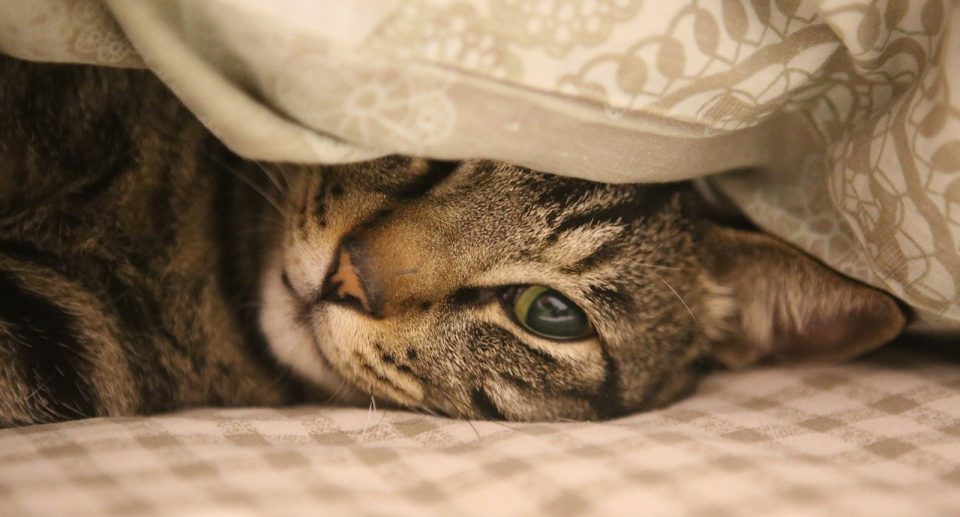The Best Pets for Seniors: Low-Maintenance and Loving Companions
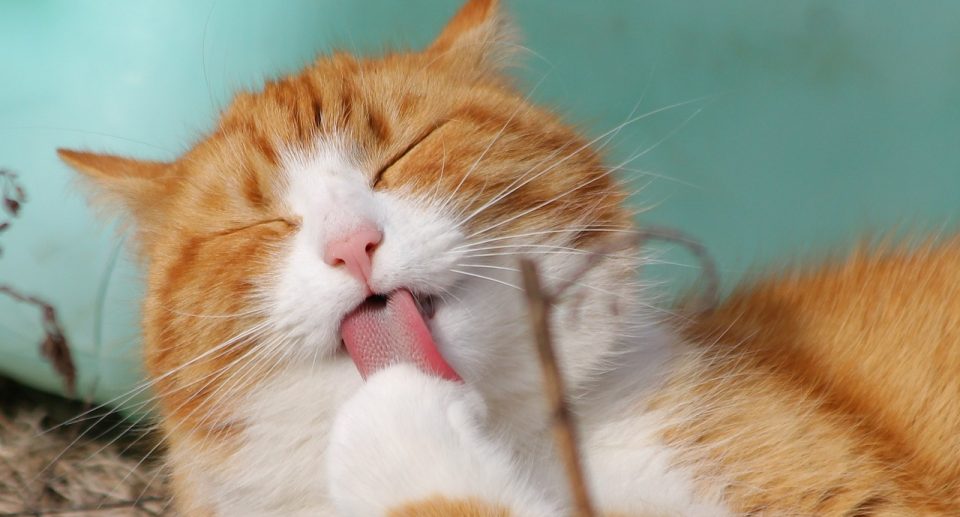
As we age, companionship becomes increasingly important. Pets can offer unconditional love, emotional support, and a sense of purpose, all of which can enhance the quality of life for seniors. However, choosing the right pet is crucial, especially for those who may have physical limitations or health concerns. This guide explores the best low-maintenance pets for seniors, focusing on their benefits, care needs, and how they can positively impact mental and emotional well-being.
The Benefits of Pet Ownership for Seniors

Emotional Support and Companionship
Pets can significantly reduce feelings of loneliness and isolation. They provide constant companionship, helping seniors feel less alone and more connected to the world around them. Studies have shown that pet owners often experience lower levels of depression and anxiety, making them more resilient to emotional challenges.
Physical Health Benefits
Owning a pet can encourage seniors to stay active. Dogs, in particular, require regular walks, which can help seniors get outside and engage in physical activity. Additionally, the routine of caring for a pet can instill a sense of responsibility and purpose, contributing to overall mental and emotional health.
Social Interaction
Pets can serve as a bridge to social interactions. Whether it’s meeting fellow dog walkers at the park or bonding with neighbors over shared interests in pet care, pets can help seniors form connections with others.
Ideal Pets for Seniors

1. Cats
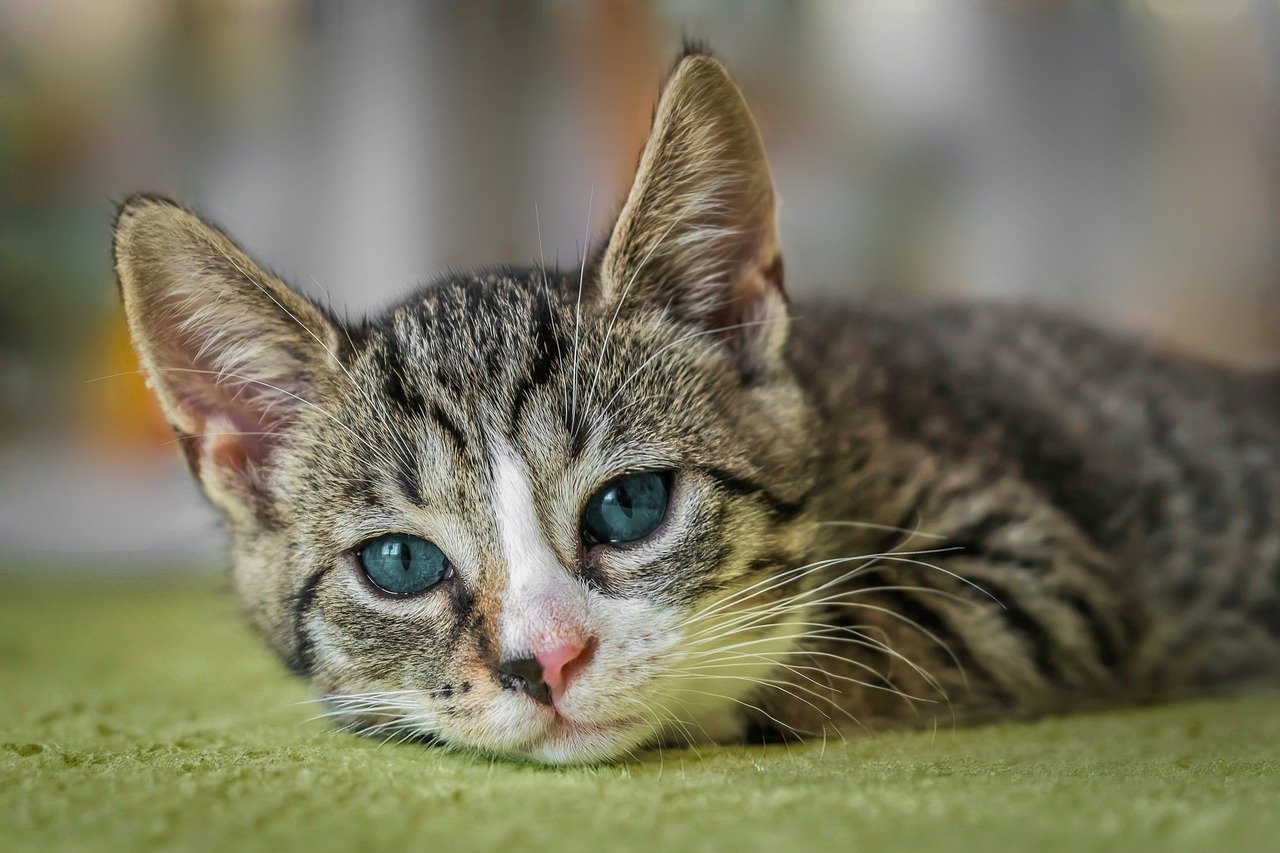
Why They’re Great:
- Low Maintenance: Cats are generally more independent than dogs. They can be left alone for longer periods and do not require daily walks.
- Affectionate Companions: Many cats love and enjoy cuddling, which provides emotional comfort.
- Self-Cleaning: Cats groom themselves, which means less grooming for their owners.
Care Tips:
- Provide a litter box, fresh water, and dry food.
- Create a comfortable space with cozy blankets and toys.
- Schedule regular vet check-ups to monitor health.
2. Small Dogs

Why They’re Great:
- Companionship: Small dog breeds like Dachshunds, Shih Tzus, and Pugs are known for their affectionate nature and love for human interaction.
- Easier to Handle: Their size makes them easier to manage, especially for seniors with limited mobility.
Care Tips:
- Choose breeds that are known for being calm and friendly.
- Regular grooming and short walks are essential for their well-being.
- Ensure they are socialized to reduce anxiety in new situations.
3. Fish

Why They’re Great:
- Relaxation and Low Maintenance: Watching fish swim can be incredibly soothing. Aquariums can also improve air quality and create a serene environment.
- Minimal Interaction Required: Fish require little interaction, making them perfect for seniors who may not want a hands-on pet.
Care Tips:
- Invest in a quality aquarium setup with appropriate filtration and heating.
- Choose low-maintenance fish species, such as Betta fish or Goldfish.
- Ensure regular water changes and feed them according to their needs.
4. Rabbits
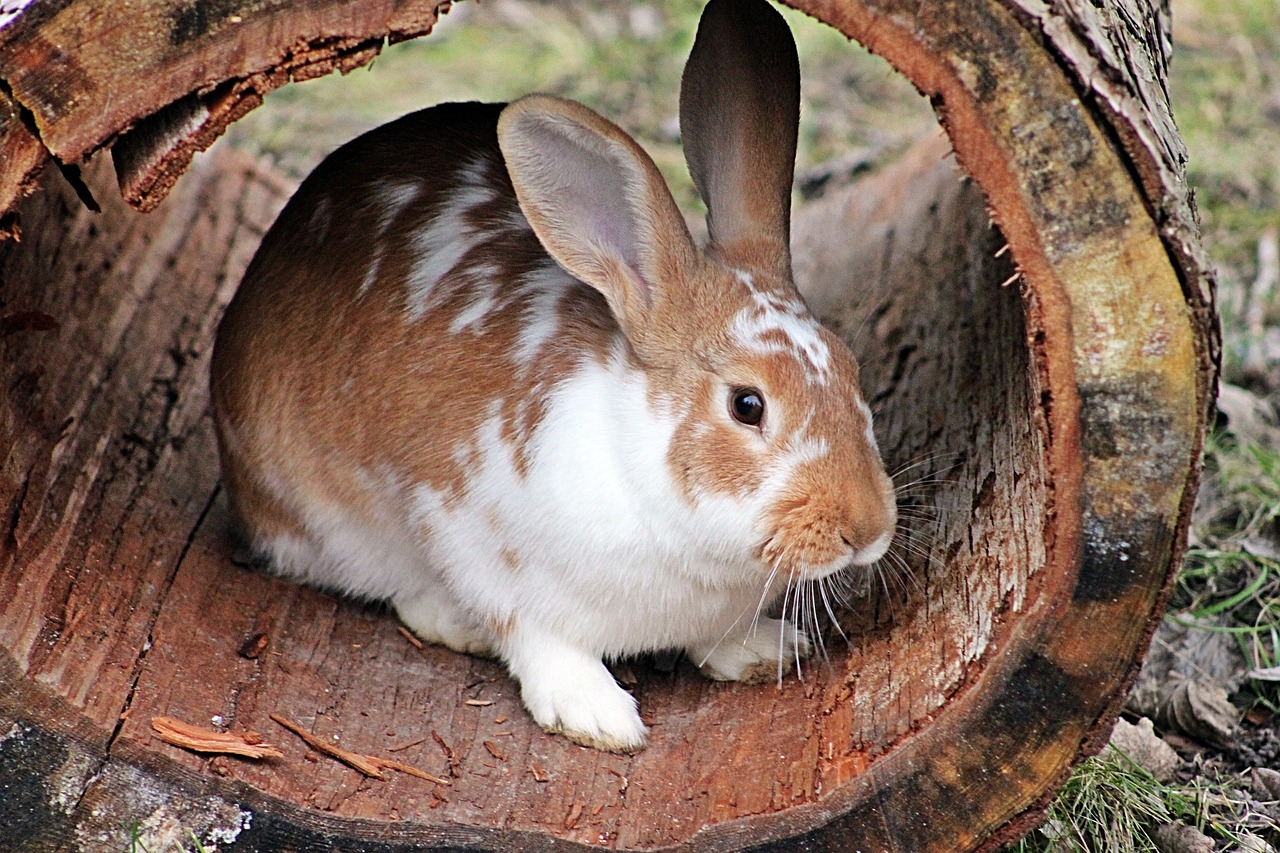
Why They’re Great:
- Gentle and Affectionate: Many rabbits enjoy being handled and can form strong bonds with their owners.
- Litter Trained: Rabbits can be litter trained, making them relatively easy to care for.
Care Tips:
- Provide a spacious cage and a safe area for them to hop around.
- Offer fresh hay, pellets, and vegetables as part of their diet.
- Ensure they have toys and opportunities for mental stimulation.
5. Birds
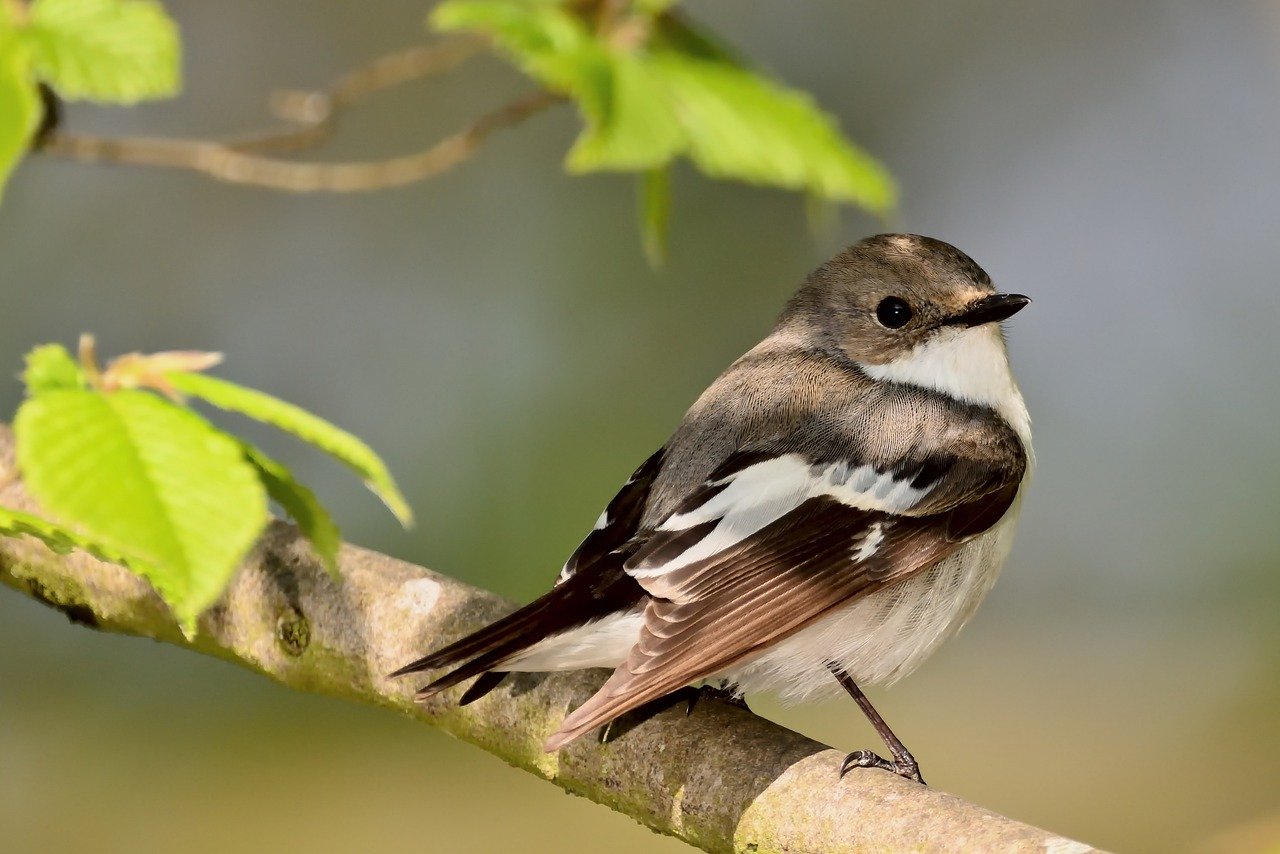
Why They’re Great:
- Social and Interactive: Birds like Parakeets or Cockatiels can be affectionate and enjoy interacting with their owners.
- Variety of Sizes: There are many species to choose from, catering to different living situations.
Care Tips:
- Ensure they have a spacious cage and time out of the cage for exercise.
- Provide a balanced diet of seeds, fruits, and vegetables.
- Spend time talking and interacting with them to strengthen your bond.
6. Hamsters or Gerbils

Why They’re Great:
- Low Maintenance: These small rodents are easy to care for and require minimal space.
- Entertaining: Their playful nature can provide endless entertainment.
Care Tips:
- Keep their cage clean and provide fresh bedding regularly.
- Offer a variety of toys and tunnels for stimulation.
- Ensure they have a balanced diet of pellets and occasional fresh treats.
Tips for Choosing the Right Pet

1. Assess Your Lifestyle
Consider how much time and energy you can dedicate to a pet. Evaluate your physical abilities, daily routine, and living situation. A lower-maintenance pet may be the best choice if you travel frequently or have limited mobility.
2. Consider Health Limitations
Choose a pet that aligns with your health needs. For example, hypoallergenic pets like certain dog breeds or cats may be more suitable if you have allergies. If you have limited mobility, consider pets that don’t require extensive exercise.
3. Adopt from Shelters or Rescues
Many loving pets are waiting for homes in shelters. Adopting from a shelter gives a pet a second chance and often comes with support and resources for new pet owners.
4. Talk to Others
Speak with friends, family, or community members about their experiences with pets. Their insights can help guide your decision and provide support as you adjust to pet ownership.
Conclusion
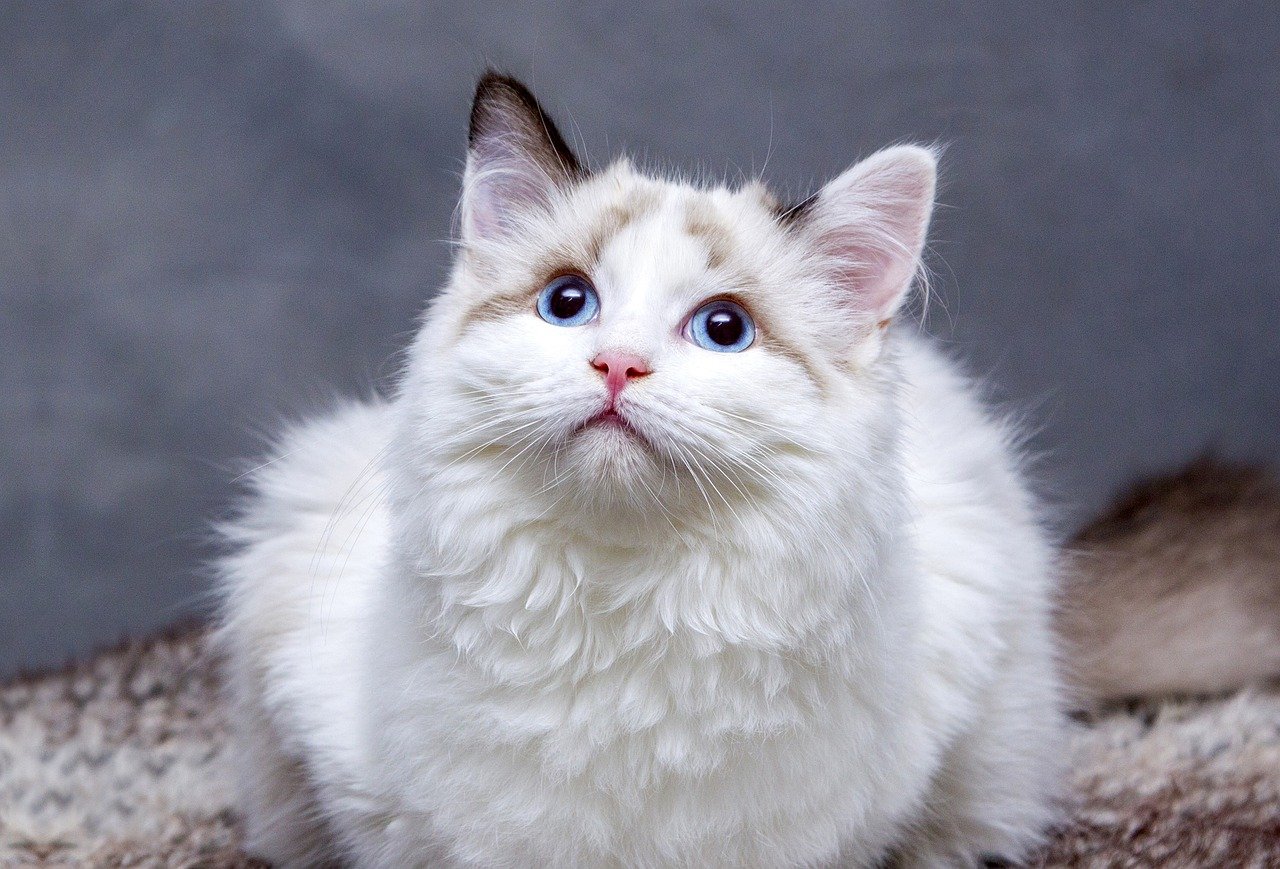
The right pet can provide companionship, joy, and a sense of purpose for seniors. By considering low-maintenance options, seniors can enjoy the benefits of pet ownership without the stress of extensive care needs. Whether it’s a cuddly cat, a playful dog, or even a serene aquarium, pets can enhance mental and emotional well-being, making life richer and more fulfilling. Remember to choose a pet that fits your lifestyle and health needs, ensuring a happy and harmonious relationship for years to come.


